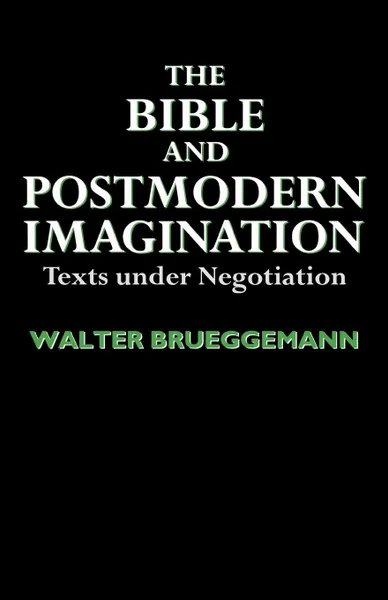The Bible and Postmodern Imagination. Texts Under Negotiation 12+
📓 It is widely affirmed that we now live in a new situation, a pluralistic, postmodern world. This situation is seen by many as a threat to traditional churches and their long established practices and patterns of belief, not least their interpretation of the Bible. Walter Brueggemann argues that this approach is far too pessimistic. Far from being a threat, our new siuation offers new opportunities, not least a chance to move beyonf the negativities of historical criticism. In support of this argument, Professor Brueggemann first outlines in more detail the present context as he sees it. Then he does the same for the themes of the Bible, seeing them as the picture of a world which is to be correlated with and set over against the modern world, providing a viable alternative infrastructure. THe third and last chapter turns to specific texts with a focus on memory, covenant and hope. By moving from context to theme to text, Professor Brueggemann argues, the text can be given liberating power to transform, working in congregations who seek modes of practice faithful to the gospel.
Мнения
